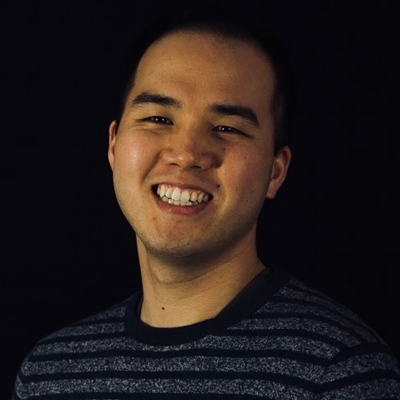
David Koh
Director of Business Development & Strategic Partnerships @ Quest Institute for Quality Education
Presentation Title: Experimenting in Space – Inspiring STEM Learning the Intergalactic Way
Abstract: International Space Station microgravity investigation engages students in engineering design for upper elementary (3-5-ETS1) and middle school (MS-ETS1). Utilizing ground unit hardware as replicas to ISS flight units allows students to research physical science events such as heat transfer on Earth and hypothesize microgravity variations. Requiring an autonomous enclosed environment for remote investigation, technology and engineering are blended to solve design challenges. In this workshop, participants would experience a wide variety of science, technology, and engineering while investigating the absorption properties of radiation. To automate, the LEGO® EV3 and corresponding drag-n-drop visual language MINDSTORMS® are the selected platform, enabling younger student participation. A heat transfer activity, along with a corresponding middle school lesson plan, is presented. Audiences would have hands-on opportunities with ground units and basic circuitry. In closing, participants enjoy a demonstration of the ground unit replica of a working platform on the International Space Station. At the end of our session, participants will have experienced an example of a project-based learning opportunity encompassing physical science, robotics, and engineering design for a younger audience. At the same time, the audience will have the opportunity to ask questions regarding integrating a platform on the International Space Station and our years of experience doing so.
Abstract: International Space Station microgravity investigation engages students in engineering design for upper elementary (3-5-ETS1) and middle school (MS-ETS1). Utilizing ground unit hardware as replicas to ISS flight units allows students to research physical science events such as heat transfer on Earth and hypothesize microgravity variations. Requiring an autonomous enclosed environment for remote investigation, technology and engineering are blended to solve design challenges. In this workshop, participants would experience a wide variety of science, technology, and engineering while investigating the absorption properties of radiation. To automate, the LEGO® EV3 and corresponding drag-n-drop visual language MINDSTORMS® are the selected platform, enabling younger student participation. A heat transfer activity, along with a corresponding middle school lesson plan, is presented. Audiences would have hands-on opportunities with ground units and basic circuitry. In closing, participants enjoy a demonstration of the ground unit replica of a working platform on the International Space Station. At the end of our session, participants will have experienced an example of a project-based learning opportunity encompassing physical science, robotics, and engineering design for a younger audience. At the same time, the audience will have the opportunity to ask questions regarding integrating a platform on the International Space Station and our years of experience doing so.
Biography: David Koh is the Director of Business Development & Strategic Partnerships at The Quest Institute. Having a natural affinity for science, he studied at the University of Pennsylvania majoring in the Biological Basis of Behavior. There, he realized the importance of putting scientific concepts into practice and seeks to champion project-based learning styles to educators worldwide. After working on Wall Street and launching tech startups in Silicon Valley, his mission now is to help education systems teach students how to think and apply STEM knowledge – as opposed to memorizing facts for an exam.